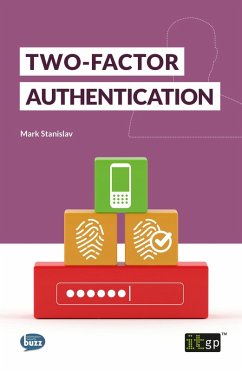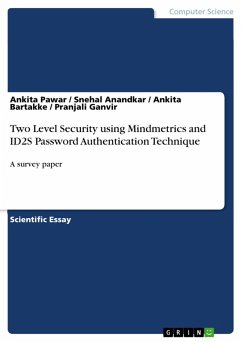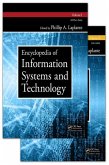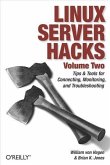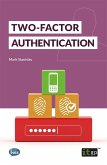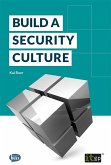Passwords are not enoughA password is a single authentication factor - anyone who has it can use it. No matter how strong it is, if it's lost or stolen it's entirely useless at keeping private information private. To secure your data properly, you also need to use a separate, secondary authentication factor.Data breaches are now commonplaceIn recent years, large-scale data breaches have increased dramatically in both severity and number, and the loss of personal information - including password data - has become commonplace. Add to this the fact that rapidly evolving password-cracking technology and the habitual use - and reuse - of weak passwords has rendered the security of username and password combinations negligible, and you have a very strong argument for more robust identity authentication methods. Consumers are beginning to realise just how exposed their personal and financial information is, and are demanding better security from the organisations that collect, process and store it, which in turn has led to a rise in the uptake of two-factor authentication (TFA or 2FA). In the field of authentication security, the method of proving identity can be broken down into three factor classes - roughly summarised as 'what you have', 'what you are', and 'what you know'. Two-factor authentication relies on the combination of two of these factors.Product overviewTFA is nothing new. It's mandated by requirement 8.3 of the Payment Card Industry Data Security Standard (PCI DSS) and banks have been using it for years, combining paymentcards ('what you have') and PINs ('what you know'). If you use online banking you'll probably also have a chip authentication programme (CAP) keypad, which generates a one-time password (OTP).What is new is TFA's rising uptake beyond the financial sector.Two-Factor Authentication provides a comprehensive evaluation of popular secondary authentication methods, such as:* Hardware-based OTP generation* SMS-based OTP delivery* Phone call-based mechanisms* Geolocation-aware authentication* Push notification-based authentication* Biometric authentication factors* Smart card verificationas well as examining MFA (multi-factor authentication), 2SV (two-step verification) and strong authentication (authentication that goes beyond passwords, using security questions or layered security).The book also discusses the wider application of TFA for the average consumer, for example at such organisations as Google, Amazon and Facebook, as well as considering the future of multi-factor authentication, including its application to the Internet of Things (IoT). Increasing your password strength will do absolutely nothing to protect you from online hacking, phishing attacks or corporate data breaches. If you're concerned about the security of your personal and financial data, you need to read this book.
Dieser Download kann aus rechtlichen Gründen nur mit Rechnungsadresse in A, B, BG, CY, CZ, D, DK, EW, E, FIN, F, GR, HR, H, IRL, I, LT, L, LR, M, NL, PL, P, R, S, SLO, SK ausgeliefert werden.

